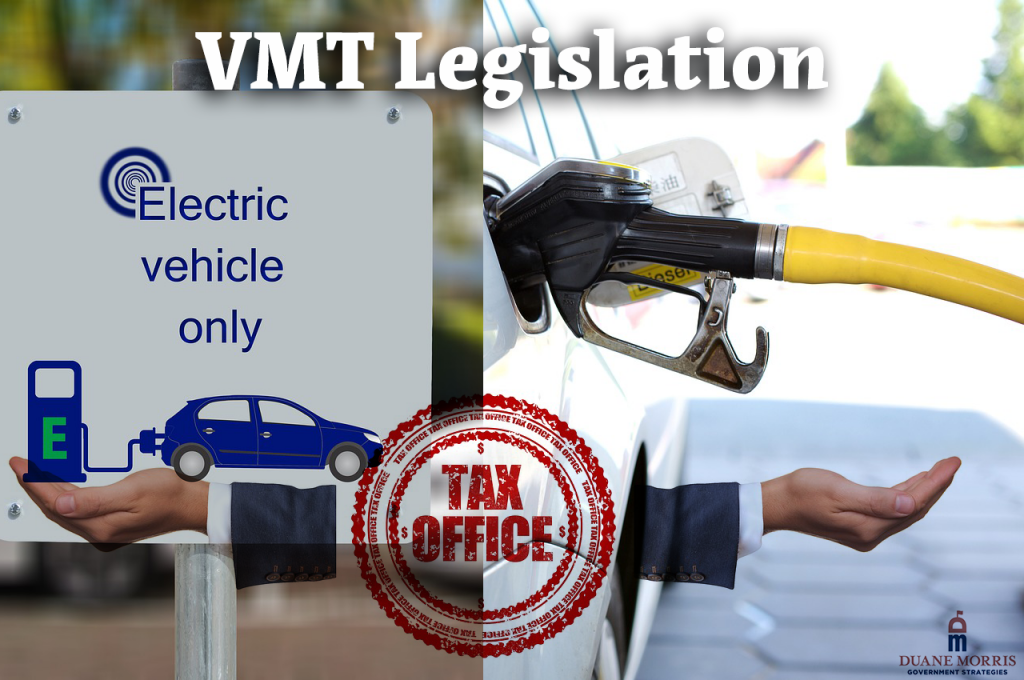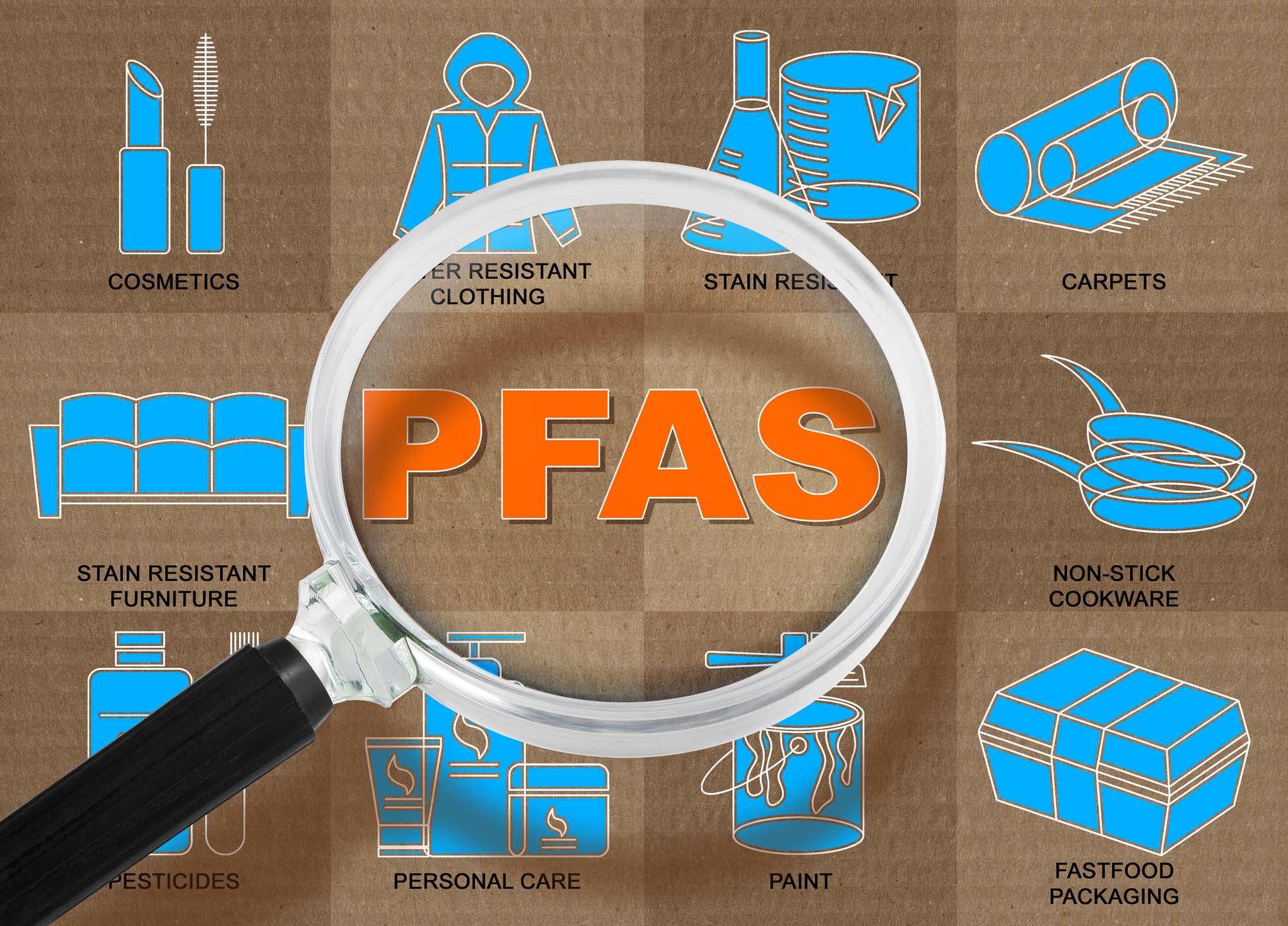
President Joe Biden’s forthcoming stimulus package is set to focus on efforts to rebuild U.S. roads, bridges, waterways, and dams over the next decade, as well as other critically underfunded parts of American’s infrastructure. After many years, infrastructure investment seems poised to become a reality. However, Biden and the 117th Congress face the same challenge that the Trump administration and the 116th Congress failed to resolve: how to pay for it all.
The HTF, which pays for roadway and transit systems, is financed primarily through the federal gas tax, currently 18.4 cents-per-gallon. That only brings in $34 billion per year while federal spending has topped $50 billion annually; thus, Congress has had to support the HTF by transfers from the general fund. Even under this arrangement, American infrastructure has steadily declined. While 36 states have increased motor fuel tax rates over the last decade in trying to keep up with infrastructure needs, the federal government has not updated the gas tax since 1993. According to Congressional Budget Office (CBO) estimates, the Highway Trust Fund (HTF) will run out of money by the end of 2021. On top of Congressional neglect, the pandemic also had it out for infrastructure funding; last year, HFT receipts from the gas tax were down 9.4% over the previous fiscal year due to a reduction in driving because of the pandemic.
Traditionally, funding for roads, highways, and bridges has come from motor fuel taxes at both the state and federal levels. In 1994, a passenger car averaged 20.7 miles per gallon, and drivers paid 3.2 cents in state and federal tax per vehicle mile traveled. However, by 2018, improvements to vehicle efficiency, a passenger car’s average miles per gallon had increased to 24.4, and drivers thus paid less per vehicle mile traveled, down to 2.1 cents.
As the U.S. government and private sector have worked to improve gas efficiency and accelerate the use of electric and hybrid vehicles, the gas tax is increasingly less reflective of the actual users of American infrastructure: electric cars, mopeds, and scooters, bicyclists, mass transit commuters, among other modern transportation modalities. One solution that lawmakers at the federal and state government levels are examining is a vehicle miles traveled tax (VMT). Oregon was the first state to enact a bill to study road user charges to replace its gas tax in 2001. Other states have subsequently introduced their own VMT legislation.
Jump Ahead To Your State:
Nevada 2019 VMT Legislation
Nevada lawmakers approved AB 483 in 2019, creating a pilot program to gather data on annual vehicle miles traveled by registered vehicles in the state. The Nevada Department of Motor Vehicles is required under the legislation to gather data on mileage, type of vehicle, and type of fuel system for each motor vehicle and to compile a report every six months to the legislature.
The legislation also requires the owners of certain motor vehicles to report the mileage shown on their vehicle’s odometer at the time of initial registration, renewal of registration, and registration transfer. The pilot program is set to expire at the end of 2026, and there are no fees, taxes, or fines associated with the program.
Specifically, passenger cars, trucks, RV’s/motor homes, buses, and trucks/tractors must provide current odometer readings for each new and renewed registration. Exempt vehicles include motorcycles or mopeds, farm vehicles, and commercial vehicles registered under the International Registration Plan with a declared gross weight of more than 10,000 pounds.
Oregon‘s OReGO Program
HB 2881 was approved by Oregon lawmakers in 2018, replacing vehicle weight rating with designation as a passenger vehicle as qualification for per-mile road usage charge program.
Under the legislation, vehicles with a mile-per-gallon rating of 40 or more participating in the program are exempt from any registration surcharge fees imposed by H.B. 2017 from 2017. The bill also replaces the per-mile fee with a formula equal to five percent of the state’s per-gallon gasoline license tax.
Oregon lawmakers previously passed Senate Bill 810 in 2013, creating a permanent voluntary program known as OReGO. Under the OReGO program, up to 5,000 vehicles could pay 1.5 cents per mile instead of the gasoline tax. In 2019, 650 vehicles were participating in the program, where drivers use onboard connected technology to track their miles traveled on state public roads and are billed for costs accrued that exceed the amount of gas tax paid or are reimbursed for gas taxes paid that exceed the road usage charge.
Utah VMT Legislation
Another piece of legislation signed into law in 2018 was S.B. 72 in Utah, which created a Road Usage Charge program voluntary for full-electric vehicles, plug-in hybrid vehicles, and gasoline hybrid vehicles. Under the new program, owners of electric and hybrid vehicles essentially have two options: they can pay the additional alternative fuel flat fee during their annual vehicle registration or be charged 1.5 cents per mile up to the additional flat fee amount. The current alternative fuel flat fees for 2021 are $120 for an electric vehicle, $52 for a plug-in hybrid, and $20 for a gas hybrid.
Under the legislation, participants who exit the program before completing a full annual registration cycle must pay the applicable flat fee amount minus their Road Usage Charge fees accrued up to that point.
Virginia VMT Legislation
SB 890, passed by Virginia state lawmakers in 2020, created an optional mileage-based user fee program. Vehicle owners opting into the program would pay a mileage-based fee in place of the highway use tax otherwise included in the bill. Eligible participants in the new program include owners of electric vehicles, alternative fuel vehicles, or a fuel-efficient vehicle subject to a Highway Use Fee created in the bill. The mileage-based user fee program’s fee schedule will be calculated by dividing the highway use fee by the average number of miles traveled by a passenger vehicle in Virginia to come up with a fee per mile driven.
The mileage-based user fee program would not go into effect until F.Y. 2023 and will require the Department of Motor Vehicles Commissioner to convene a working group to assist in developing the mileage-based user fee. Further, the DMV must issue an interim report by July 1, 2021, and issue guidelines for the program by May 15, 2022.
The highway use fee program mentioned above applies a new fee to electric vehicles, alternate fuel vehicles, and fuel-efficient vehicles charged at the time of the vehicle’s registration by the DMV. The highway use fee replaced the existing $64 vehicle license tax for electric vehicles. Specifically, electric vehicle owners must pay an annual fee equal to 85 of the amount of gas tax that would be paid on an equivalent amount of fuel as would be used by a vehicle with a combined fuel economy of 23.7 miles per gallon driven for the average number of miles traveled by a passenger vehicle in Virginia.
Washington Pilot Program
Washington State launched a road usage charge pilot program in 2018, and the Washington State Transportation Commission submitted their final report on a possible transition to a road usage charge to the Governor, lawmakers, and Federal Highway Administration in 2020. The Commission’s final recommendation to the legislature was to enact a per-mile road usage charge on a small number of vehicles, including alternative fuel vehicles and state-owned vehicles, to begin a 10-25 year transition from gas taxes funding the state’s highway system.
In the state’s pilot program, a 2.4 cents-per-mile was “mock” charged among 2,000 enrolled drivers, equivalent to the average car with 20.5 miles per gallon paid under the 49.4 cents per gallon gas tax. If an average vehicle travels 12,000 miles per year, current drivers pay an average of $289.17 a year under Washington’s gas tax. If the road usage charge pilot’s rate of 2.4 cents per mile, they would pay $288 annually.
With the pilot program over, lawmakers introduced SB 5444 this session. The bill would replace the flat $225 annual registration fee that Washington residents currently pay for fully electric cars with a mandatory 2 cents per mile road usage charge for electric cars and plug-in hybrid vehicles starting July 1, 2026. After July 1, 2029, the road usage charge would increase to 2.5 cents per mile driven.
Pennsylvania VMT Outlook
On March 12, 2021, Pennsylvania Governor Tom Wolf signed an Executive Order creating the Transportation Revenue Options Commission to develop comprehensive funding recommendations for what he called Pennsylvania’s “large and aging infrastructure.” Wolf further committed to phasing out the state’s gas tax, noting the reliance on the gas tax for state revenue has become less and less dependable.
The Commission convened its first meeting on March 25, and the Governor’s Executive Order requires a report of the Commission’s activities and funding options to be submitted before August 1. The Commission is identifying different ways to fund the state’s transportation needs, including road user charges, where drivers would be charged a “small fee” for each mile they drive during the year. The Commission has yet to determine final recommendations, but at their first meeting discussed a mileage-based user fee at 3.16 cents per mile, the equivalent of the current gas tax, up to 7 cents a mile. Such fees could generate between $3.8 billion and $8.4 billion.
Federal Outlook
Transportation Secretary Pete Buttigieg has expressed interest in VMT but has ruled out plans to increase the federal gas tax or implementing a VMT to pay for the Biden administration’s $3 trillion infrastructure plan. “That is not part of the conversation about this infrastructure bill,” Buttigieg said when asked about implementing a VMT instead of taxes paid at the gas pump. Buttigieg also dismissed the suggestion of a gas tax increase to pay for rebuilding the nation’s roads, tunnels, and bridges, but he said measures being discussed “are carefully thought through, responsible ideas that ultimately are going to be a win for the economy.”
Elsewhere, Rep. Sam Graves (R-MO), the top House Republican on the Transportation and Infrastructure Committee, has said that a VMT could easily be substituted for the gas tax without using techniques that raise the thorny privacy issues that tanked prior versions of the proposal, suggesting that for gas or diesel-powered vehicles, a VMT could be assessed through a simple formula at the pump. Graves is also proposing that the U.S. Postal Service (USPS) evaluate a VMT. The USPS, which recently awarded a contract for new trucks that would include some electric models, could soon launch a VMT pilot program.
Rep. Peter DeFazio (D-Ore.), chair of the transportation panel, has supported an eventual transition to VMT and included pilot programs in previous legislation.
However, some federal legislators are still concerned that a VMT could comparatively reward users of gas-guzzling vehicles while weakening incentives to buy energy-efficient electric and hybrid cars, frustrating federal efforts to address carbon dioxide pollution.
Related DMGS Articles
Latest News
Photo credit: iStock.com/Mikhail Dmitriev State lawmakers have taken legislative action to protect wildlife, including birds such as loons and swans, from lead poisoning. We have seen states pass laws banning lead sinkers or painted lead [...]
Photo credit: iStock.com/krblokhin Solar energy deployment has continued to increase, but the spread of new projects is not comprehensive. The National Renewable Energy estimates that 42% of households cannot access behind-the-meter solar. To address the [...]
Photo credit: iStock.com/Francesco Scatena Recent trends across the country have seen several states introducing bills to ban certain chemicals, particularly perfluoroalkyl and polyfluoroalkyl substances (PFAS), in consumer products. According to the EPA, PFAS are persistent [...]
Photo credit: iStock.com/Maha1450 In honor of Presidents’ Day, there is no better time than now to reflect on the significant legislative and executive achievements of our nation's leaders. Throughout the last nearly 250 years, each [...]






Stay In Touch